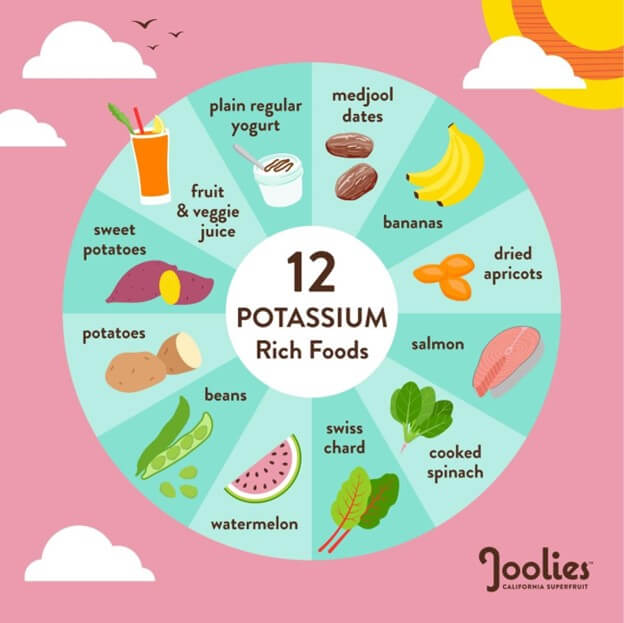A nurse is assessing the coping strategies of a client who has recently retired.
Which of the following statements by the client indicates that the client is using compensation as a defense mechanism?
"Since I retired, I have entered many gardening competitions."
"I'm so glad I've retired because the work was making me sick and depressed."
"I had to retire because my boss didn't like me."
"There were lay-offs at my company, so I journaled about what I accomplished during my career." .
The Correct Answer is A
Choice A rationale:
"Since I retired, I have entered many gardening competitions." This statement indicates compensation as a defense mechanism. Compensation involves emphasizing personal strengths in one area to shift focus from failure or weakness in another. In this case, the client is finding fulfillment and recognition in gardening competitions after retiring, compensating for the loss of work-related identity.
Choice B rationale:
Expressing relief about retirement due to negative work experiences doesn’t necessarily indicate compensation. It could be a coping mechanism, but it doesn't align with the compensation defense mechanism, which involves overachieving in one area to compensate for deficiencies in another.
Choice C rationale:
Choice D rationale:
Journaling about career accomplishments after layoffs indicates sublimation, not compensation. Sublimation is a defense mechanism where unacceptable impulses or behaviors are transformed into socially acceptable actions or pursuits, like channeling frustration or disappointment into creative or productive activities such as journaling.
Nursing Test Bank
Naxlex Comprehensive Predictor Exams
Related Questions
Correct Answer is C
Explanation
The correct answer is choiceC. “Have your child drink a small glass of water after swallowing the medication.”
Choice A rationale:
Adding digoxin to a half-cup of juice is not recommended because it can affect the absorption of the medication.It is best to give digoxin on an empty stomach or with a small amount of food if necessary.
Choice B rationale:
Limiting potassium intake is incorrect.In fact, maintaining adequate potassium levels is important because low potassium levels can increase the risk of digoxin toxicity.
Choice C rationale:
Having the child drink a small glass of water after taking the medication helps ensure that the medication is swallowed completely and reduces the risk of esophageal irritation.
Choice D rationale:
Repeating the dose if the child vomits within 1 hour is not recommended. If a dose is vomited, it should not be repeated to avoid the risk of overdose.The next dose should be given at the regular scheduled time.
Correct Answer is A
Explanation
Explanation: Sweet potato is a food that is high in potassium, which is an electrolyte that regulates fluid balance, nerve impulses, and muscle contractions in the body. A medium- sized sweet potato contains about 541 mg of potassium, which is more than 10% of the recommended daily intake for adults. Baked chicken breast, wheat bread, and canned green beans are foods that are low or moderate in potassium, containing less than 300 mg per serving.

Whether you are a student looking to ace your exams or a practicing nurse seeking to enhance your expertise , our nursing education contents will empower you with the confidence and competence to make a difference in the lives of patients and become a respected leader in the healthcare field.
Visit Naxlex, invest in your future and unlock endless possibilities with our unparalleled nursing education contents today
Report Wrong Answer on the Current Question
Do you disagree with the answer? If yes, what is your expected answer? Explain.
Kindly be descriptive with the issue you are facing.
